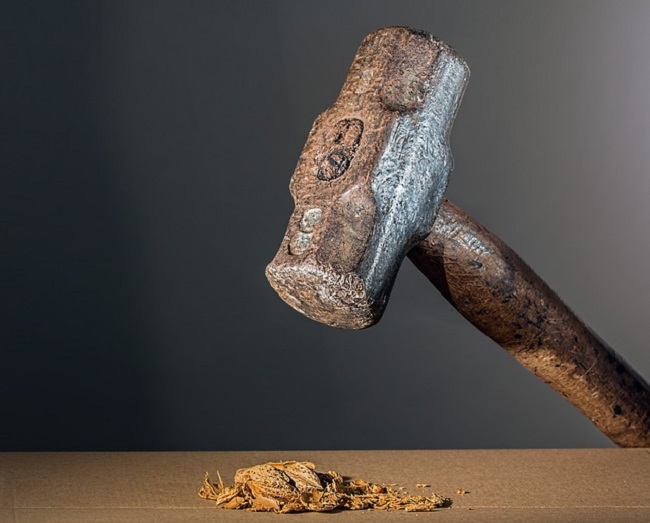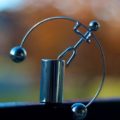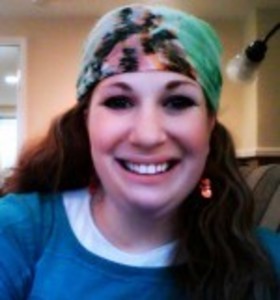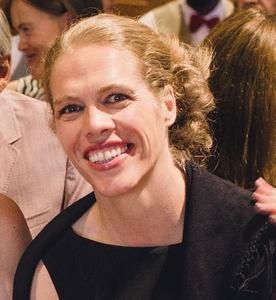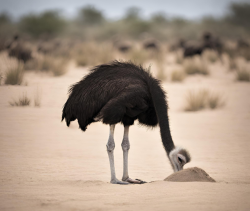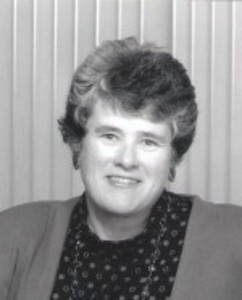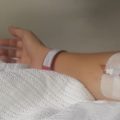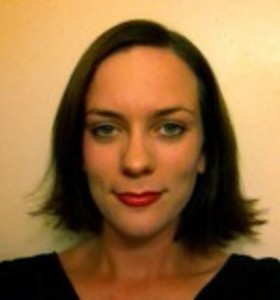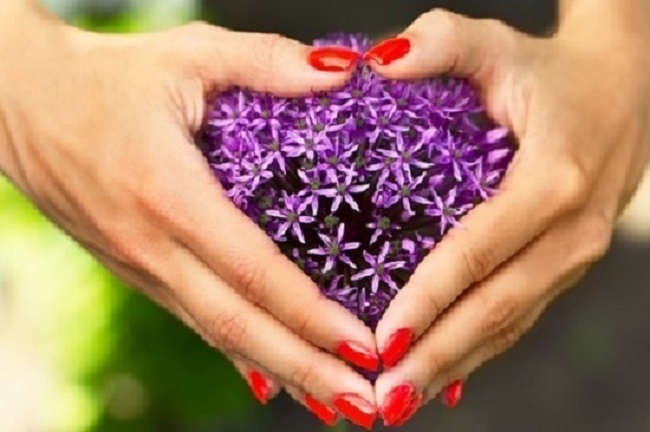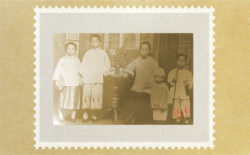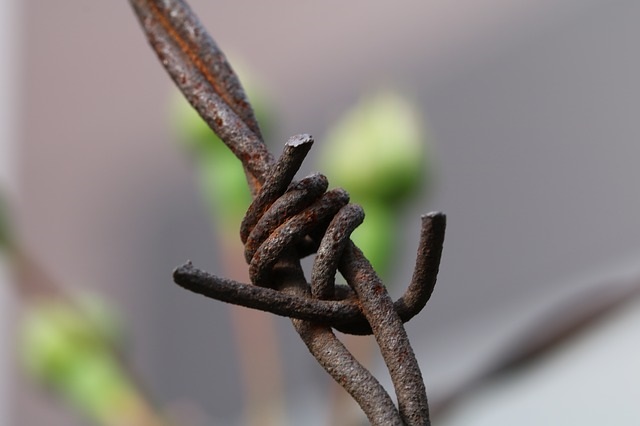When life changes its mind about the size of the mountain you’re climbing, you will suddenly find that you have some decisions to make. My husband got sick. He was hit, badly, with long term side effects stemming from a short course of Ciprofloxacin (Cipro), a fluoroquinolone antibiotic. The side effects from Cipro can be a horrific and long term, but are often invisible. Blood tests come back normal, neurological exams reveal nothing of note, the sufferer often looks fine, and worst of all, most doctors are completely unfamiliar with these adverse reactions. This of course means that most people are completely unfamiliar. We certainly were. But without a doubt my husband was sick, and I had some decisions to make. The biggest decision I at first didn’t know I was making (daily, even minute by minute) continues to be this: what kind of person am I going to be?
I have unknowingly been faced with this decision before. Two years ago, James, the husband of a coworker got sick. Really sick. He had stage four esophageal cancer, and it was very unlikely that he would survive long after the “last hope” surgery. His wife was not in a position to stay home and take care of him and she had to continue working full time. They also had two elementary age girls. Not much could be worse.
After his surgery, James had trouble getting enough calories. I like to bake so I made him some cookies, and a couple of chocolate cakes. Actually, what I really did was make cookies and cakes for my future husband and for parties, but I made sure to double the batches so I could give some to James. This was the extent of my support. James and his wife expressed their gratitude far beyond the reality of the gesture. This attention embarrassed me a little, but mostly made me feel rather pleased with myself. Yes! I am one of those people who bake when my acquaintances are ill! What an amazing, empathetic, wonderful person I am. I did not go so far as to credit myself with James’s survival and subsequent return to health, but I allowed for how the chocolate probably helped.
I had made the decision to act on my compassion. A little. Well, not so very much actually. Almost literally the crumbs from my kitchen. Yet I now understand the level of gratitude around a few cookies. Today similar small gestures from the people around me stun me with appreciation of my own. I understand it now. My friend makes enough extra soup so that I can have lunch for three days. My coworker orders the annual holiday craft for my students without bothering me with the details. Another friend texts to see if I need anything at Trader Joes. “I’m going later, what can I get you?” These moments stick.
Cipro toxicity isn’t like cancer. It isn’t something that people already understand to be a struggle. Like many chronic conditions, it can become invisible to those not suffering. It is easy to ignore something (or someone) who disappears from daily life, without any official medical diagnosis. So easy in fact that this is many people’s natural inclination. To ignore or minimize. This was my inclination.
On the best days the gratitude I now feel for small acts of kindness can seem a fair trade for the unawareness that formerly accompanied our good health. The rarity of these acts makes them more powerful. Many people who know our story ask my husband how he is, but more often people don’t. Ever. I suspect these people do care (or at least I am deciding to believe they do). So what is the disconnect?
From my own experience, reaching out to help anyone in need takes an ability to look beyond, briefly, the ever present squawk from the needs of your own life. That was me. Since my husband has been sick I have heard from many people about their own struggles. How did I not notice my sister has been fighting through horrible digestive issues? How did I miss my friend having constant headaches for four months (after taking Cipro, by the way!)? How did I miss my coworker’s father passing away?
When I did used to look beyond my life, I would often be immobilized by anxiety. There is a real courage involved in moving past the fear and discomfort of saying something wrong. In the past I lacked that courage. I justified with thoughts that generally began, “I don’t want to remind her of….” Really? Did I think there was a moment that she had forgotten that her father had died, her husband had cancer, her head was pounding, whatever? No. It may hide for a moment but she always knows it’s there. What she does not know is that I remembered it’s there. And that I cared. It is the rare person who can push past these obstacles and offer something anyway. It is the rare moment when they do.
I am also grateful because I believe acts of compassion, small as they may be, give me a glimpse into the very best selves of those around me. My father and sister could not be more supportive. My aunt has been lovely. Our closest friends have rallied throughout. Although I already knew this information about my family, many of the friends I have chosen in my life are turning out to have a depth to them that has not been apparent to me before. Perhaps this was always true and I just never had occasion to see it. Or perhaps this is something that my friends are deciding about themselves, in the same way that I am deciding about myself. Maybe with every decision we make there is an associated change in ourselves. I don’t know. I do know that the way this has deepened my feelings for these people is as if, from the mountain, I thought I was looking at the edge of a lake in the distance. But now after climbing a little higher, it turns out it is the beach of an ocean. What a dazzling view.
Since my husband’s illness began 6 months ago, every person in my life has been presenting me with an unintended gift the moment I started paying attention. The gift of example. Everyone has and is modeling the kind of person I want (and don’t want) to be. Who do I want to be when the people around me are in need? Do I want to be the person who texts from the grocery store? The person who takes over chores without being asked? Or the person who is so unsure of what to say that she says nothing at all? (How many times have I been that person? Too many to count.) It’s an obvious decision once you’re aware of it. It’s a choice that I did not even know I was making before this experience. Non-action is a decision. Generally it’s the worst decision.
I have come to believe more and more that it is our actions that define us, not our thoughts, our intentions, or even our feelings. Still, I wish I could go back in time two years and smack the feelings right out of myself. The silent self-satisfaction over a chocolate cake… how very shameful. There is no way to go back and offer to babysit, or cook a meal, or shop, or just ask (frequently) how things are going, and what can I do for you today to help? Or better, just do something that needs to be done, without asking. I can’t go backward and do that. Most disgraceful for me is that cancer is a very “visible” disease and I did my best to not see it. There is only one way to atone. Open my eyes for the rest of my life, and act on what I see, and even what cannot be seen. It is not a coincidence that every time I see James, he asks if there is anything he can do for us. My husband is sick and I am here now. Life is full of decisions. Today I am deciding to be grateful for the chance to have a do over. From now on I get to decide to be the kind of person I always hoped I was.
What Can I Do To Help?
Hormones Matter is unfunded at this juncture and we rely entirely on crowdsourcing and volunteers to conduct the research and produce quality health education materials for the public. If you’d like help us improve healthcare with better data, get involved. Become an advocate, spread the word about our site, our research, and our mission. Suggest a study. Share a study. Join our team. Write for us. Partner with us. Help us grow. And perhaps most importantly, contribute.
To support Hormones Matter and our research projects – Crowdfund Us.
Image credit: Peakpx
License to use Creative Commons Zero – CC0
This post was originally published in December of 2013.




